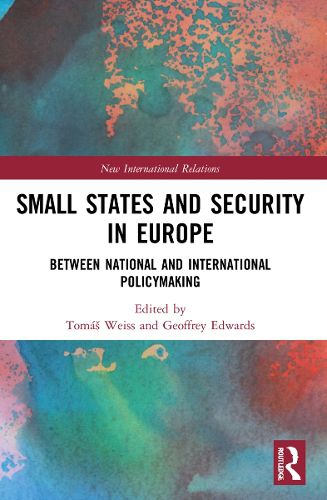Readings Newsletter
Become a Readings Member to make your shopping experience even easier.
Sign in or sign up for free!
You’re not far away from qualifying for FREE standard shipping within Australia
You’ve qualified for FREE standard shipping within Australia
The cart is loading…






This book studies how domestic contestation influences the security policy of small states within the European Union (EU) and North Atlantic Treaty Organization (NATO).
A multinational group of expert contributors consider how domestic contestation is translated into small states' foreign policies, how membership of international organisations alters attitudes to security policy in small states and how patterns of small states' behaviour across domestic traditions, security cultures and geographical location can be identified. Anchored in new institutionalism, the book explores the influence of international organisations on security policies and the tensions created by connecting four strands of literature, on Europeanisation, on the impact of and on institutions, on the way foreign and security policy is made, and the security/strategic culture of small states.
It will be of interest to all scholars and students of international relations, security studies, EU studies, area studies and politics.
$9.00 standard shipping within Australia
FREE standard shipping within Australia for orders over $100.00
Express & International shipping calculated at checkout
This book studies how domestic contestation influences the security policy of small states within the European Union (EU) and North Atlantic Treaty Organization (NATO).
A multinational group of expert contributors consider how domestic contestation is translated into small states' foreign policies, how membership of international organisations alters attitudes to security policy in small states and how patterns of small states' behaviour across domestic traditions, security cultures and geographical location can be identified. Anchored in new institutionalism, the book explores the influence of international organisations on security policies and the tensions created by connecting four strands of literature, on Europeanisation, on the impact of and on institutions, on the way foreign and security policy is made, and the security/strategic culture of small states.
It will be of interest to all scholars and students of international relations, security studies, EU studies, area studies and politics.